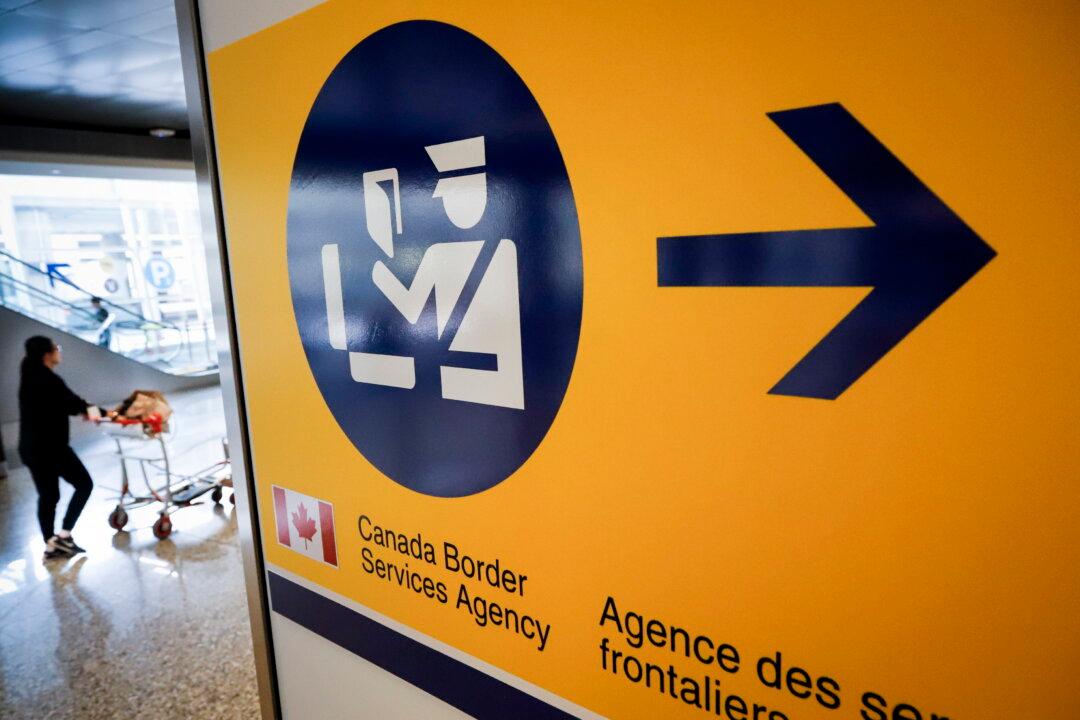Reinstating visas for air passengers from Mexico will save Canadian taxpayers around $660 million a year, as the money would have been spent investigating whether refugee claimants were legitimate, according to the Department of Immigration.
“Total benefits are estimated at $6.6 billion” over 10 years, the department wrote in a regulatory impact analysis statement, which was first covered by Blacklock’s Reporter.





